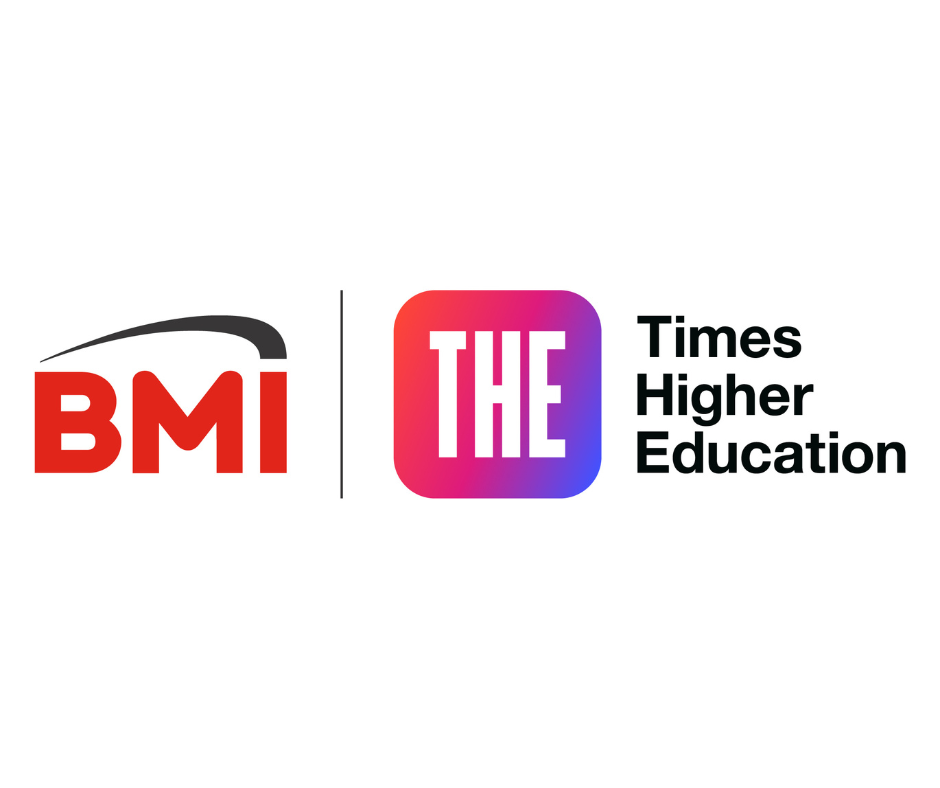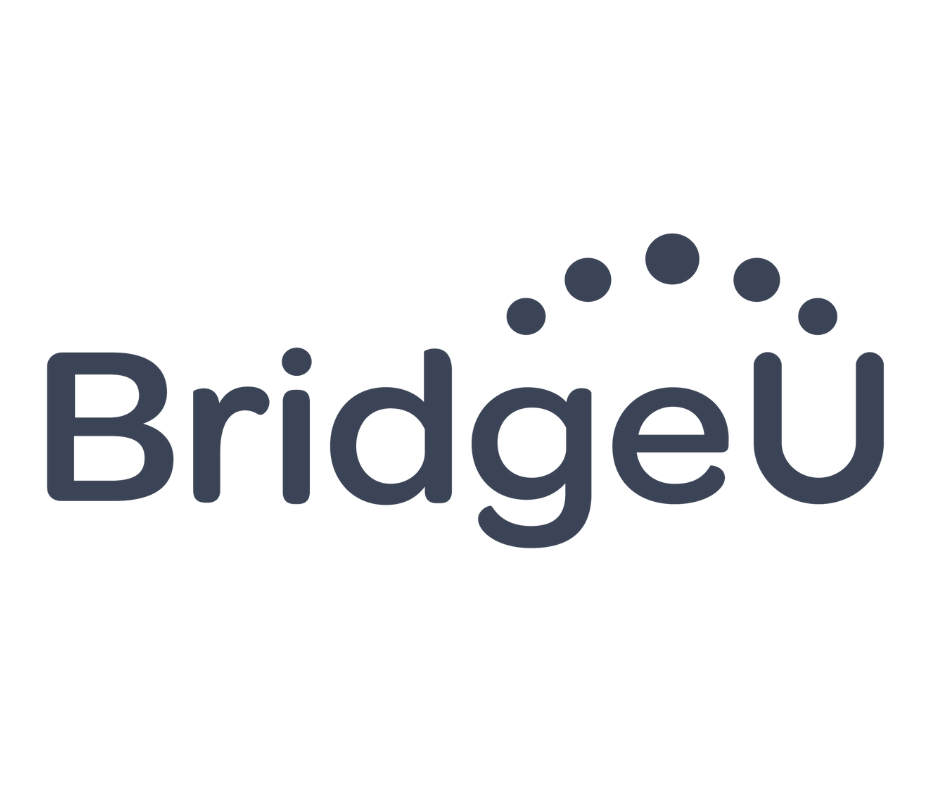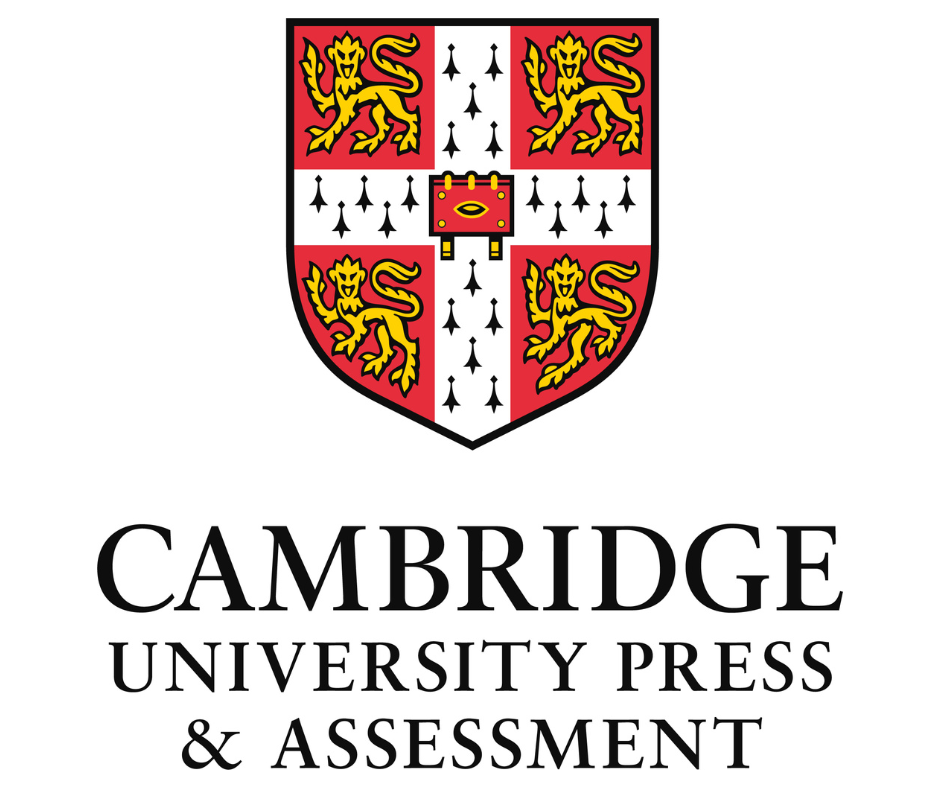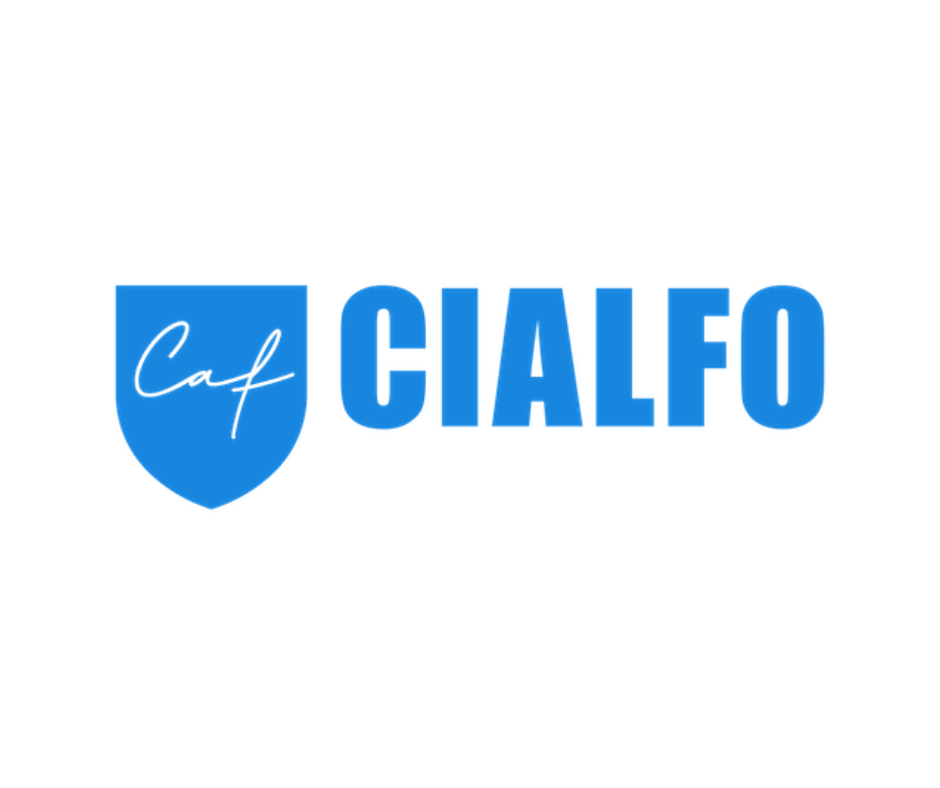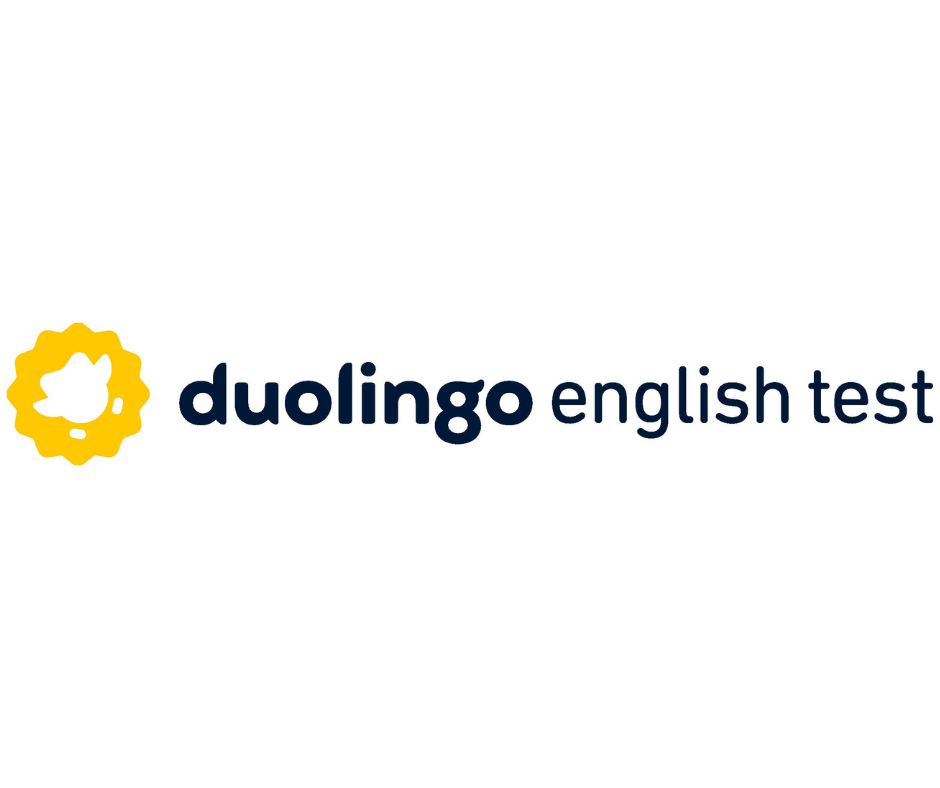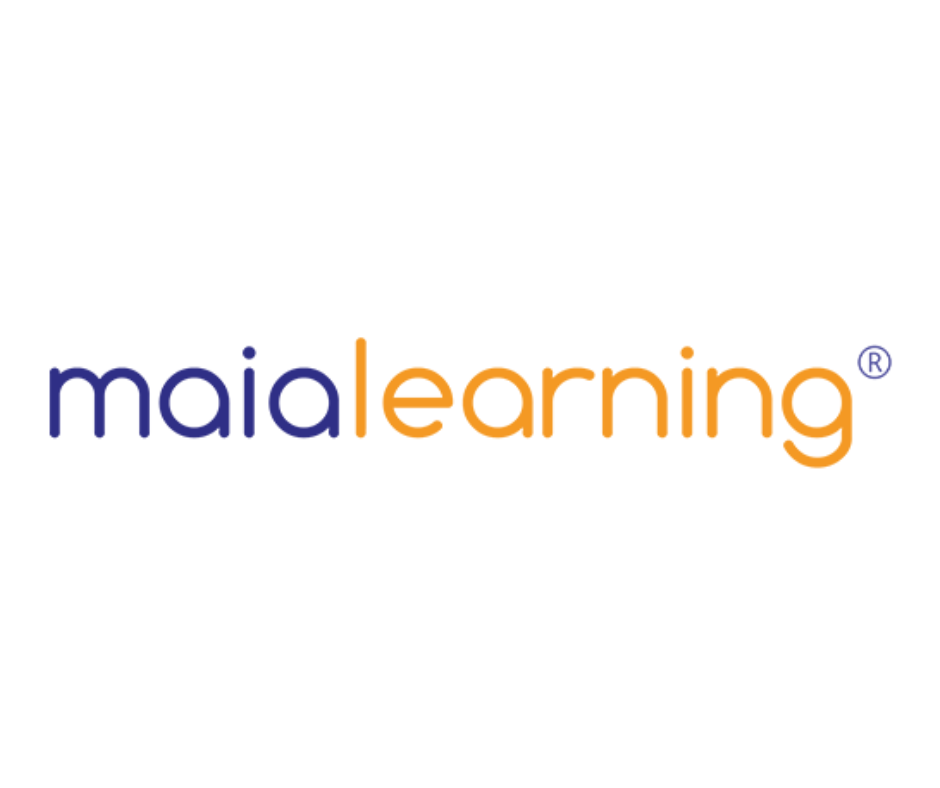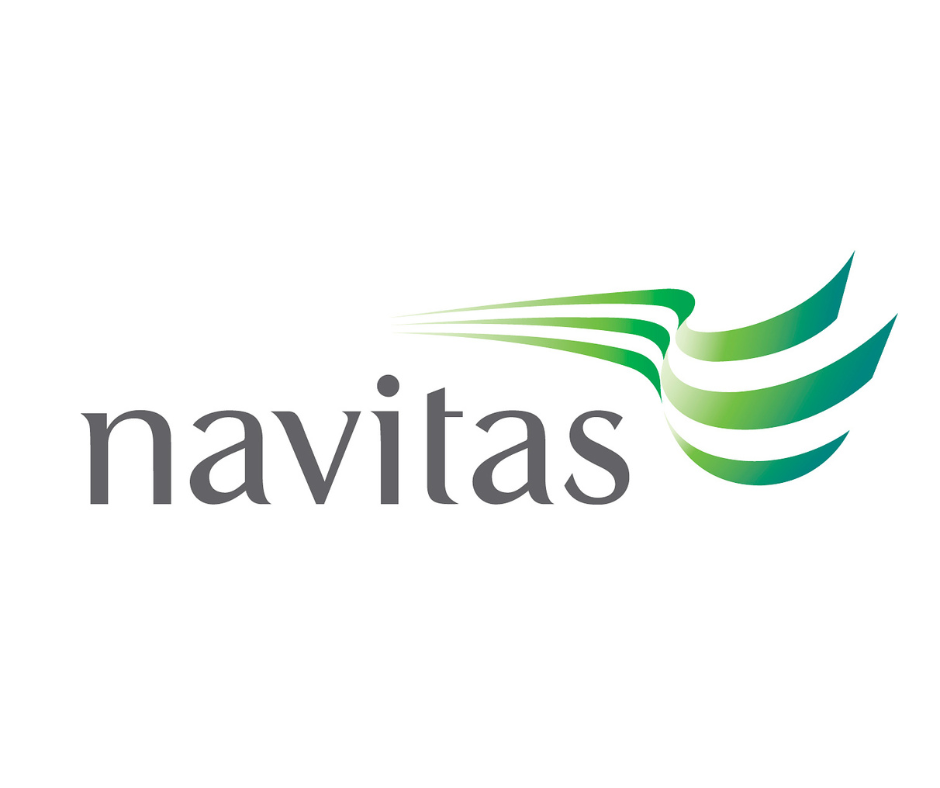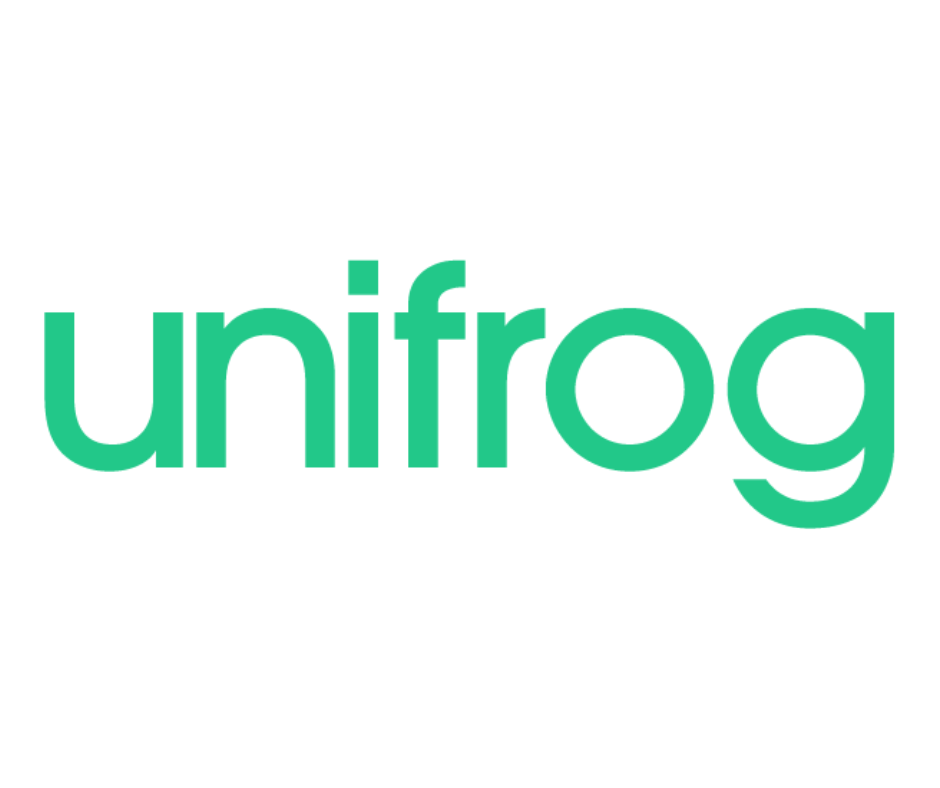Proposed Bylaws Changes Feedback 2024
Voting closed at 11:59 PM Eastern Time on May 16, 2024.
Below is the feedback received during the comment period of March 26 to April 30, 2024. Ballots were emailed to all voting members on Thursday, May 2, 2024 and voting closed on May 16, 2024.
Legal counsel was provided notice of proposed motions and confirmed no legal concerns should the motions be passed.
Below are all comments received as of April 30, 2024, 11:59 PM Eastern Time.
Proposed Bylaws Change 1
Title: Amendments for Inclusivity and Expanded Participation in International ACAC
Below is the feedback received on this motion, starting with the most recent submission at the top. Feedback was collected with the option to submit anonymously, but all comments were published with the commenter's member type and region.
- I applaud the proposal for distinguishing between ethical/unethical with for or non-profit. This was much needed.
(Comment submitted anonymously, For-Profit Organization Member, Canada & U.S.)
- There are several issues with the proposed bylaw changes.
1. It is not clear if the motion, as it is written, is ready to go forward. If/when it does, it should be split into three separate motions.
2. I agree there could be some refreshments done around language and terminology, but in general the proposal goes too far. The amount of (continuing) discussion so far, and need for multiple virtual information sessions (three and counting…) is evidence of that. Discussions and presentations may have happened at past AGMs, but that is a very limited group based on who can afford to fly to the conferences.
3. In this comments summary, it is disappointing to see when someone posts a comment that is anything but entirely flattering of the proposals, they immediately get jumped on by an IACAC board member who post their reply, in red font no less (or in all caps…), confronting the commenter and almost shaming them in an ‘Oh, you just don’t understand’ tone. This does not foster a welcoming, safe, and inclusive space in what a true comment box/forum "for the members" like this one should be. Other potential commenters are likely dissuaded from sharing their thoughts. Why do only board members get to post a direct reply to a comment? Why are they commenting (in this forum) at all?
4. “Currently only 6% of our members are with for-profit organizations” – How do we know a policy of ‘anyone can vote’ will not lead to a spike in that number and the claim that “…our organization will still be driven by the majority of our members” will not stay true going forward? One for-profit alone could easily fund 100 employees to be members. Related, why would a for-profit who (chooses to) volunteer to “help with conference planning” earn them the right to vote on matters of higher education? Even more to this point, does the revelation that “they provide sponsorship” mean they can buy a seat at the voting table?
5. Anyone can vote: discussion on topics will become shallow like a social media post with relevance determined by number of views or ‘likes’. At that point, there will be no point being a member anymore and IACAC will fade into irrelevance.
6. “For-profit” status – While the motion does not allow commission-based agents to join or vote, the new language will make it much easier for them to find ways to join and vote by misleading credentials or by proxy. They will have no issue saying what you want to hear. What is IACAC’s enforcement function in these cases? What are the consequences of lying?
7. Why boil it down to tax status? That should not be a deciding factor here. The claim that taxes are a “US/western standard” is bewildering (as is that wording implying that the US is the west). Other countries do not have tax systems? 82% of non-profits are registered in countries other than the USA (wikicharities.org).
(Comment submitted anonymously, Post-Secondary member, Canada & U.S.)
Response from International ACAC HQ:
Thank you for your feedback regarding font color. The burgundy color was selected simply to assist in differentiating between speakers. This has been changed to dark blue. We do not change any content of the submissions, so they are posted as submitted. However, if there are any other concerns about formatting, please let us know.
Response from VP for Diversity, Equity, and Inclusion (DEI), Isthier Chaudhury:
Apologies on our part if responses have conveyed a negative tone beyond simply responding to points or questions raised by members. This forum is part of our attempt (besides webinars) at fostering active conversation of record around the motion, and in a live AGM meeting, discussion would normally involve a chance for us to respond to questions or concerns about the motion (hence the lack of responses to comments that are in agreement). Tone is notoriously difficult to convey in writing, and we don't mean to convey any hostility or try to silence comments as we respond. All caps is an attempt to separate sections in longer comments, since the submission form doesn't allow for formatting or paragraph spacing.
I don't quite agree that robust discussion means a motion isn't ready to be voted on. If there were lack of conversation, I would be just as concerned as you that members were either feeling silenced or not concerned about the impact of this change on our organization. I hope members will continue to comment and consider the differing perspectives around this motion in the next week, and vote in the way they think is best come May 2. Thank you for your comments and feedback.
Response from Past President, Kristoffer Toribio:
2. Board members, especially those who proposed the motion, are asked to address questions for clarification, context, and transparency.
3. International ACAC aims for membership growth across all categories. With 80% comprising post-secondary or secondary institutions, it's unlikely any other category would surpass these numbers even if the Bylaw referendum passes.
4. According to NACAC, a nonprofit organization must register as a 501(c)(3) under US IRS tax codes. International ACAC includes a category, CBO (Community-Based Organizations), primarily outside the US, who are also voting members.
5. The motion wouldn't alter membership eligibility. The Membership Committee assesses eligibility, considering various factors, including compensation on an enrollment basis. Members are encouraged to provide insight or report missed information by emailing the Vice President for Membership.
6. All organizations and institutions are welcome to sponsor International ACAC. There's no evidence of members buying seats on the volunteer executive board. Board members are elected by a majority vote among the membership. It's worth noting that the largest sponsors of International ACAC are host institutions for the annual conference, which have always been nonprofit post-secondary institutions.
-
Can anyone tell me what percent of the membership is non-profit versus for-profit? And have the percentages changed in the past 5 years?
(Comment submitted Ronn Beck, Post-Secondary member, Canada & U.S.)
Response from International ACAC HQ:
As of April 22, 2024, For-Profit Organizational members comprise 5.49% of total membership (209 out of 3,804) and Non-Profit Organizational members comprise 1.76% of total membership (67 out of 3,804).
Five years ago, For-Profit Organizational members comprised 5.22% of total membership (177 out of 3,390) and Non-Profit Organizational members comprised 1.42% of total membership (48 out of 3,390). These numbers were pulled from the Annual General Meeting data presented in July, 2019.
-
ACT is a timely test case for this amendment. Until recently, ACT operated as a non-profit organization and was eligible to serve in any International ACAC position. ACT is now a for-profit organization with private equity backing. ACT leadership states they are not planning significant changes to their operating model in the near-term; however future organizational or operating structures under private equity are unknown. Should they still be eligible for full participation?
(Comment submitted anonymously, Non-Profit Organizational member, Canada & U.S.)
-
"Inclusive language" SHOULD NOT be introduced as descriptors for membership (#1.1) or definitions for international students (#1.2). Though this may seem harmless at first, it represents the tip of an ideological iceberg being driven by gender ideology and the pseudo-science that springs from it, which denies the biological reality of sex. Given the global membership of our association, I do not think these radical and misleading gender views which are being exported from the U.S. (the chief exporter of political pathologies) should be adopted as representative of our global community of counselors. It is also my belief that the Committee of Diversity, Equity, and Inclusion, the vehicle by which these ideologies are being imported to us, should be abolished. Perhaps we can pass an amendment in the future calling for the abolition of this committee, and replacing it for something more wholesome, more representative of our silent majority and not the vocal minority behind these ideological-driven amendments. To sum it up, bylaws changes 1.1 and 1.2 are a Trojan Horse. They should be voted down, notwithstanding the misleading arguments or motte-and-bailey fallacies the amendment proposers will try to use.
(Comment by Jonatas Cavani, Secondary member, East Asia)
-
Having been a member of International ACAC for more than twenty years, it has been a privilege to watch the membership of our Association change and grow over that time. I think that we are very much due for an examination of the categories of our membership to better reflect the people and organisations who comprise it. Our members certainly represent experiences and settings that reflect the myriad of countries and cultures where they are located and work; this certainly is a wider scope than some of our sister affiliates in NACAC. That said, I don’t think a blanket ‘everyone is a voting member’ is the way to represent those national and cultural norms in our membership. I believe that we need more study and discussion to create a solution that would better reflect the nuances of our unique and dynamic membership, particularly with regard to what are known and for-profit organisations in the United States. Further, making such a drastic change in the categories of membership would place us out of alignment with the other affiliates and NACAC. I understand that we may be ‘more different’ from the other twenty-two NACAC affiliates, but each of the other affiliates has a membership that reflects the changing landscape of our collective work (including for-profit members), and yet have retained the current structure. For example, of the 18 ‘sister’ affiliates of NACAC who have posted their bylaws or membership categories on their website, 16 of them differentiate between non-voting and voting members - with particular mention of for-profit organisations as non-voting or associate members (the other two do not specifically mention for for-profit organisations, but as the bylaws are written likely do not include them amongst the voting membership). Even our ‘parent’ organisation, NACAC, has not made this transition. This is a specific instance of where I believe further nuance in the structure of our membership categories would better reflect the membership. Further, with regard to opening up eligibility for all members to run for the executive board, I believe we need to have more specific bylaws that set boundaries to prevent any one organisation, whether for- or not-for-profit, from attaining outsized influence on the board. For example, we could place a proviso in the bylaws that states only one board member may come from any one organisation or that we require a minimum time period as a member in good standing of our (or any of the other 22 affiliates, or an analogous professional organisation) before a member is eligible to stand for board service. This would reflect the eligibility requirements for NACAC’s (our parent organisation) board of directors, for example.
(Comment by Kristin Dreazen, Individual/IEC member, Europe)
Response from GNC Chair, Kristoffer Toribio:
1. The motion, if passed, would not change the eligibility criteria for international ACAC membership.
2. Despite being unprecedented, it would comply with international ACAC's affiliate agreement with NACAC, as affiliates are not required to have a non-voting category.
3. It would allow our current non-voting members, who constitute only 6% of our membership, to participate in our governance.
There are inconsistencies in the voting and non-voting categories for independent college counselors (IECs). Individual IECs are voting members, while those employed by organizations with three or more employees are non-voting due to being "for profit." While NACAC has a similar structure, International ACAC has had individual IECs serve on the Executive Board who contribute significantly to the organization. There's no clear rationale or evidence to suggest that one employed by an organization with three or more members can't uphold the same values of admissions ethics expected of all members nor its asked by individual IECs to provide documents to show non-profit status. This motion would fix this inconsistency and ensure that all IECs can contribute to voting and leadership service.
International ACAC will note the recommendation to limit Executive Board participation to no more than one representative per organization. This would be proposed as an amendment to the policies and procedures, requiring a vote from the Executive Board, only.
Response from VP for Diversity, Equity, and Inclusion (DEI), Isthier Chaudhury:
Thank you for your comments, our DEI committee had similar conversations during the research phase of this motion (as early as 2022) about the implications of removing this non-voting category and how it might position us relative to other NACAC affiliates. To address some of the points you've raised:
The Membership Committee has worked on and passed several motions in the past couple years to update our Policies and Procedures so they more accurately capture and represent our changing membership. While we worked on this motion, I also made sure we included the VP for Membership at the time in our conversations, along with getting their support for research and data on our membership. Our motion is somewhat different in that we are targeting distinctions in our bylaws that are exclusionary and inequitable in ways that do not make sense for an organization with such a large number of non-US members. If we want to define new non-voting categories in the future, we should explain and justify why certain members should be excluded from voting, and can propose this in a future motion.
I agree that passing this motion would take us out of alignment with the other ACACs. As you point out, we are very different from NACAC and every other affiliate in that they all have membership that is overwhelmingly based in the US. Their policies weren't crafted to consider equity and inclusion with an international lens. Our policies should absolutely be different from other NACAC affiliates because we are serving our members, not theirs.
I also agree that it makes sense to have policies ensuring diversity of representation on the board, and this should be a separate motion and vote down the road after it is explored further. rare for us to have more than one representative at a time from a given organization on the board.
-
As VP for DEI and co-author of this motion, I thank all those who have commented and continue to ask questions throughout this period. I would like to briefly respond to concerns about predatory organizations, commissioned agents, or for-profit universities joining Intl ACAC as a result of this change: I definitely appreciate these concerns, and our committee discussed this throughout the shaping of the motion. This motion does not change who is allowed to JOIN International ACAC, it only changes who among our current membership is ALLOWED TO VOTE. Currently, our policies and procedures (P+P) do not allow for-profit universities or commissioned agents to become members of International ACAC - THIS WILL NOT CHANGE. Also, as defined in our P+P, members are expected to abide by ethical practices - THIS MOTION DOES NOT CHANGE THE EXPECTATION FOR ETHICAL PRACTICES. ...... ... I look forward to us moving forward with the voting process on May 2. As an international organization, I believe opening spaces for conversations over Zoom and voting online is a much more inclusive process for governance, compared to limiting ourselves to the summer conference and a vote that happens in a single moment with only those who are able to attend in person. The variety of comments presented here so far in addition to the town halls last week illustrate that people have had ample opportunity to raise concerns and discuss their different perspectives. If anything, this has allowed more time for members to have their questions answered compared to condensing this conversation into a 20-30 minute agenda item at a membership meeting.
(Comment by Isthier Chaudhury, Post-Secondary member, Canada & U.S.)
- Good
(Comment submitted anonymously, Secondary member, South & Central Asia)
- I hope it would be a big step for International ACAC to be more comprehensive and beneficial in the world. It may attract more educators in the field of serving for counseling and admissions.
(Comment submitted anonymously, Secondary member, East Asia)
-
I believe this bylaw change needs an in-person conversation at the summer conference to best understand the implications and implementation. I do not think we have had enough time as members to really understand, research, or ask questions we need to ask before making such a major change to our organization. I would strongly support the idea to move this vote to the summer conference for an in-person discussion with a Zoom option for anyone not attending in person.
(Comment by Johanna Fishbein, Secondary member, Europe)
Response from GNC Chair, Kristoffer Toribio:
Regarding the proposed bylaw change, it's important to note that the Vice President of Diversity, Equity, and Inclusion, Isthier Chaudhury, has provided committee updates on ongoing conversations and research concerning voting procedures, with an announcement of an upcoming proposal for a bylaw change at the last three Annual General Membership (AGM) Meetings at the NACAC Conference and the Annual International ACAC Conference in July. Furthermore, included in his report were invitations to all members to participate in individual discussions and dialogues. Minutes from the General Membership meeting in September 2022, July 2023, and September 2023 document these efforts.
Additionally, it's significant to highlight that the Vice President of DEI has accommodated all members who applied to serve on the committee, establishing a space to foster diverse perspectives and voices.
- Firstly, thank you to the Board for your hard work, in this case particularly the Governance Committee. I appreciate the direction this is moving. Still, in days past there was a need to use discretion in opening up voting to all individuals--particularly for-profit organizations--as the welfare of students was ultimately in jeopardy (not in a grave sense but there were clear abuses). I ask that the Board keep a watchful eye to be certain that predatory organizations do not gain any kind of access or be put in a more favorable position.
(Comment by Bridget Herrera, Retired member, Europe)
- Extending voting membership to individuals at for-profit organizations is a major departure with other ACAC affiliates of NACAC--and with good reason. This change would open the door to proprietary institutions which, in the U.S., have lower graduation rates, high student debt and accreditation concerns that spawn government lawsuits. Also, commission-based agents. In my experience, agents only direct students to a narrow list of institutions who pay them and not the wider world of possible colleges and universities. That's not real counseling. Case in point: in a session at last year's conference, we heard how an agent refused to recommend a Canadian university to a prospective student. The student told the admissions office which confronted the agent. People laughed but there was no discussion of how often this happens, how to prevent this from happening or what corrective action was taken with the agent.Also, I believe that using the term "post-secondary institutions" is too vague. We are an organization for colleges and universities. Would this open IACAC to unaccredited, non-degree granting or programs that don't have government recognition/approval?
(Comment submitted anonymously, Post-Secondary member, Canada & U.S.)
-
I have been a member of the International ACAC for about 10 years, and I have never been allowed to vote in any election. When I first joined the organization I had to declare whether the company I represented was a “for-profit” or “non-profit.” Neither of these categories fit neatly in my case, given that my organization is a hybrid of sorts with both for-profit & non-profit tax status. I chose “for-profit” in my membership application based on the recommendation of our Executive Director. Had I chosen non-profit, I would have been able to vote in each subsequent election. Where do other hybrids fit in when the membership categories provided do not adequately account for such diversity? It has been challenging at times to feel included and a sense of belonging as a “for-profit” member. This has changed some over the past three years through my service on two committees, including DEI. While I am grateful that I have been able to use my voice in these committees, it is rather disheartening to not be able to vote on the very measures I spent hours helping to research, organize and rewrite. On what grounds except bias and bigotry can we possibly stand on to justify any bylaw that exploits labor (in the name of service) and prevents the most fundamental democratic right (to vote)? I invite all who can vote to please do so by amending these outdated bylaws. Their intention as originally crafted may have been entirely different from the exclusionary impact they are currently having among our membership.
(Comment submitted anonymously, For-Profit Organization member, Canada & U.S.)
-
Some of the more visceral reactions to expanding voting or Exec board rights to all members appear rooted in isolated incidents or individual experiences. I appreciate the co-author's statements above explaining and expanding on some major misconceptions around what this motion is aiming to do. We can point fingers all day at “good” for-profits and “bad” non-profits, but the exclusion, at the end of the day, only harms the organization, as non-voting members are asked to pay higher fees for diminished membership benefits. All of this to say, one’s tax status doesn't entitle them to the ethical high ground. Additionally, while it’s valid to consider NACAC’s perspective on this motion, it’s equally important that we not automatically align with their stance. The origin of this very affiliate came about because the larger organization did not acknowledge or meet our needs. In many ways, no one is better positioned to move the needle and lead on change than us. Unless it jeopardizes our affiliation, I think it’s far more important to prioritize our needs, mission and values as International ACAC.
(Comment submitted anonymously, For-Profit Organization member, Canada & U.S.)
-
RE: the comment about CollegeBoard and how catastrophic it would have been to have them on the board- CollegeBoard are not-for-profit, and they are voting members of International ACAC. They absolutely COULD have been on the board.
(Comment submitted anonymously, For-Profit Organization member, Canada & U.S.)
- 'Internationally' is a more broader term than ' outside of the United States' and it is more accurate in terms of describing the current membership body.
(Comment submitted anonymously, For-Profit Organization member, Canada & U.S.)
-
This change seems to promote diversity and broader participation within the organization, which is a positive step towards fostering a more inclusive environment. It allows for wider representation and ensures that voices from various backgrounds are heard, potentially enriching the organization's decision-making process.
(Comment by Farhan Muhammad Naeem, Secondary member, South & Central Asia)
-
As VP for DEI and co-author of this motion, I would like to share some comments to share our committee's rationale for this motion and address some comments we received while crafting this motion.Currently, the fundamental dividing line between those who can and cannot vote in our organization is non-profit or for-profit status. This has created inequity and exclusion of members in our organization who contribute to our mission of supporting students through their journey, but simply have a certain tax status. The proposed changes to our bylaws remove this distinction between non-profit and for-profit for voting eligibility. Why should we change this?
CURRENT EXCLUSION OF MEMBERS BECAUSE WE ARE IMPOSING A US/WESTERN STANDARD ON THEIR ORGANIZATION - Determining “not-for-profit” status is grounded in whether an organization might be considered a non-profit per the tax code in the United States. To be globally inclusive, we must recognize that different countries may offer not-for-profit status using different criteria. This can create inconsistent inclusion or exclusion of members based on which country an organization is located.
CONFLATION OF "NOT-FOR-PROFIT" STATUS WITH ETHICAL STANDARDS - “Not-for-profit” status does not mean an organization does not charge fees for its services, nor does it determine if an organization abides by ethical practices and works in the best interest of students. “Not-for-profit” and “for-profit” statuses simply provide different tax exemptions for organizations based on different business models.
GUIDING STUDENTS TO THEIR POST-SECONDARY JOURNEY IS NO LONGER LIMITED TO HIGH SCHOOLS AND UNIVERSITIES - Our traditional view of the college admissions journey has changed from working colleagues on “two sides of the desk” to having different professionals that support students from “many seats around the table.” We are currently excluding several innovative voices from our International ACAC table simply based on their organizations’ tax status.
INEQUITABLE TREATMENT OF MEMBER ORGANIZATIONS THAT OFFER SIMILAR SERVICES - The following example is not the only one nor is it intended to imply anything about an organization's ethical practices, but perhaps is one of the most well-recognized examples - College Board (provider of the SAT), ETS (which administers the SAT and TOEFL exams), and IELTS have been longtime voting members of International ACAC, with their staff members eligible to serve on our Executive Board. However, newer companies such as Duolingo (which offers the Duolingo English Test) have become significant entities and innovators in the admissions process, but are not given a seat at the table when it comes to voting or serving on our board.
ALLOWING FOR-PROFITS TO VOTE AND SERVE ON OUR BOARD WILL NOT GIVE THEM "VOTING CONTROL" OF OUR ORGANIZATION - Currently, only 6% of our members are with for-profit organizations. The direction of our organization will still be driven by the majority of our members, who identify as professionals who work at universities or secondary schools. There are many for-profit organizations that contribute to International ACAC - they have volunteers who serve on standing committees and help with conference planning; they provide sponsorship for events and attendees; and they partner with many member universities and high schools to improve the student journey.
THIS MOTION DOES NOT INTRODUCE A CHANGE TO ALLOW "COMMISSIONED AGENTS" TO VOTE OR JOIN INTERNATIONAL ACAC - Some members might be concerned about agents being included among the Intl ACAC membership. Agents recognized as such by the International ACAC P+P would still not be able to join International ACAC membership. This voting amendment would not impact this.
(Comment by Isthier Chaudhury, Post-Secondary member, Canada & U.S.)
-
I appreciate letting all members vote. It just seems the most democratic way. However, I do ask for skepticism and scrutiny about the use of "inclusive language." I see political correctness can actually alienate others and often as it includes.
(Comment submitted anonymously, Secondary member, East Asia)
-
This proposal simplifies voting access immensely without making changes to other standards for membership. If someone is qualified as a member under the other bylaws and articles, then they should be allowed to vote and contribute to the direction of our community, and it's an added benefit that we'll see less turnover in leadership positions as people may change employers during their tenure. I am also very happy that we're clearing up some of the "not-for-profit" language that is in the extant by-laws. There are so many secondary schools, gap programs, etc. that are "for-profit" or something akin to a B-Corp that are serving students seeking to cross borders in their post-secondary education that this is overdue. I think the simplified language will also help those of us who work in multiple roles at multiple institutions both declare and understand their membership and rights within the organization.
(Comment by Lauren Steed, Individual/IEC, Canada & U.S.)
-
I believe it would be a huge step for International ACAC to be more inclusive and impactful in the world. It would attract more professionals in the line serving for counseling and admissions.
(Comment submitted anonymously, Secondary member, East Asia)
-
Topic 1+2 seem like a different issue than Topic 3, but we are asked to vote on them together. I am fully supportive of the first two to help expand our inclusivity as an organization and how we understand what it means to be 'international'. That seems like a maturing of our vision of who we are and the communities we serve. However, topic 3 - asking to decide on eliminating the 'not for profit' affiliation for voting rights - is a move in a different direction, and there are other historic reasons why for-profit organizations are in that non-voting category. The rationale provided for the change does not address why this change is requested beyond 'inclusivity', yet not addressing other rationale why those have been kept separate to now. Additionally, as far as I can see from current documents, NACAC has not changed their own bylaws to make this change, and I wonder their feedback about having our bylaws be different from theirs on this topic. 1. Introduce inclusive language and descriptors that accurately represent International ACAC’s growing global membership.
2. Introduce inclusive language that broadens the definition of international students.
3. Remove the non-voting category to extend voting privileges and executive board participation to all members.
(Comment submitted anonymously, Secondary member, East Asia)
Response from GNC Chair, Kristoffer Toribio:
While NACAC's bylaws precludes "for-profit" organizations from voting, each affiliate can set their own policies for member-voting categories at their discretion. In fact, the affiliates are not required to have a non-voting member category in its bylaws. The only stipulation in NACAC's affiliate agreement is that voting policies are limited to the location where member institutions or organizations are based, or where individual members predominantly carry out their professional duties. Though, International ACAC does not have location boundaries as a global affiliate.
Additionally, in accordance with our affiliate agreement, proposed amendments to the bylaws are submitted to NACAC for review before being presented for membership vote. International ACAC consistently followed this protocol, ensuring compliance. NACAC has assessed the proposed amendment, and if ratified, it would align with our affiliate agreement.
-
1. Respectfully, I feel like the way you have presented this bylaw proposal is a bit biased. It will not be understood to the average International ACAC member that the authors/collaborators of this bylaw proposal additionally have written (and therefore framed) the supporting rationale and proposal aims. I would suggest that in the future, when bylaws will be considered via an online platform (versus the AGM), that we ensure the Membership knows that everything they have written comes from the person(s) in favor of the bylaw proposal.
2. Out of curiosity, does NACAC and the other 22 NACAC affiliates allow for all their members to serve on the Executive Board? In other words, would International ACAC be an outlier in allowing all members eligible serve on the Executive Board?
(Comment submitted anonymously, Secondary member, Southeast Asia & Oceania)
Response from GNC Chair, Kristoffer Toribio:
1) The proposal identifies the author of the motion and the collaborating committees. In addition, any proposed amendments to the bylaws must first be voted and approved by the Executive Board before being presented to the general membership to vote. The motion received approval at the Jan 10, 2024 Executive Board Meeting.
2) The only requirement for voting policies set by NACAC is that they are limited to the location where member institutions or organizations are based, or where individual members predominantly carry out their professional duties. Beyond this requirement, each affiliate has discretion in determining its voting policies and who can serve on the Executive Board. Other affiliates may have unique provisions in their bylaws regarding voting and Executive Board policies. Therefore, deviating from the norm in our policies such as including all members the ability to vote or serve on the Executive Board would not be unusual.
-
I am not in support of this change as it relates to for-profits and organizations sitting on the Board. I reflect back to the many years of difficulties when international students were having extreme hardship to take the SAT and ACT. The consequences of having a member of College Board or ETS on the board would have been catastrophic for the students. So while this change is well intentioned, I do not believe it ultimately serves our members and students. Additionally, voting is more of a policy change and not an actual bylaw requirement.
(Comment by Ffiona Rees, Post-Secondary member, Canada & U.S.)
Response from GNC Chair, Kristoffer Toribio:
The organizations stated in this comment, College Board and ETS, are voting members of International ACAC and are able to serve on the Executive Board.
While this is a policy change, voting is in the bylaws, therefore this proposed amendment requires a procedure that includes a vote by membership.
Additionally, it would serve as a benefit to the membership at large to provide context to get a clearer understanding and to support claims of how inclusion of these organizations, despite being voting members that are eligible for board service, would have been a disservice to students.
- I think this is an important and necessary update to the bylaws for two reasons. First, with the number of long-serving members moving to for-profit positions for better career opportunities, it's taking away from the number of eligible people to vote and volunteer for the Board. Second, if we don't allow all stakeholders to have a vote and be part of leadership, then it sends a signal that they are not as valuable of a member as others. Especially those who have moved from being a voting member to non-voting member in the last few years, it says that their experiences, knowledge and care for the community are no longer valid. (Comment by Megan Mankerian-Stem, Individual, Canada & U.S.)
Proposed Bylaws Change 2
Title: Amendment Proposal: Eliminating NACAC (National Association for College Admission Counseling) Membership Requirement for Executive Board Service
Below is the feedback received on this motion, starting with the most recent submission at the top. Feedback was collected with the option to submit anonymously, but all comments were published with the commenter's member type and region.
- IACAC is an affiliate of NACAC. As such, NACAC membership should be a requirement, especially for the Board. If IACAC want to go independent, they are welcome to do so. IACAC can't have it both ways. (Comment submitted anonymously, Post-Secondary member, Canada & U.S.)
-
Recently, exacerbated by the Covid years, it seems like our relationship with NACAC (our parent organisation) has devolved from where it once was. I understand that some of that has to do with the way that NACAC is interacting with its affiliates, but it is a two-way street, and I feel that there is work that we can do as an affiliate (and its leadership) to strengthen that relationship. Asking our board members to be a member of our parent organisation strikes me as a show of good faith toward that relationship. Additionally, while our membership has evolved over our history, and certainly in the last ten years, to include many more members outside of North America, I would imagine that if it is not a majority, that the largest population of students represented by our members is likely those who are heading to North America (particularly the US) for higher education. Given the myriad issues, including financial aid (for both citizens and non-citizens), as well as the return of testing (and the attendant issues with availability and security therein), and a somewhat less predictable US student visa process (particularly for certain countries around the globe), having a strong partner in NACAC – symbolised by the requirement and commitment to NACAC’s principles via board members maintain their NACAC membership – to advocate on behalf of those impacted students outside the United States would only be a positive. As a former president of International ACAC, I have seen moments where NACAC’s advocacy, resources, and support – for example, in the wake of the 2017 Executive Order barring international students from seven countries entry to the US – has been invaluable. While NACAC may not be of value to some of our members, I believe there is great value in the symbiotic relationship between the two organisations and for those prospective board members for whom the membership costs may be prohibitive, I think it would behove us, as an association, to expand the financial support already in place for board members to cover the membership fees as well. On a separate sub-topic, although perhaps more troubling to me, is the waiver of what is one of two opportunities during the year for the board to meet in person. Given the time zone variation that may prevent the full board from meeting and engaging in constructive discussion on a regular basis throughout the year, the two in-person board meetings (around the annual summer conference and the NACAC conference) provide a chance for not only the full board to meet, but to meet in-person, in the same time zone, and often over a period of several days. Now that we have passed Covid and hope to ramp up the work of the association, having that time together, working collaboratively and cohesively on shared initiatives, strikes me as invaluable.
(Comment by Kristin Dreazen, Individual/IEC member, Europe)
Response from International ACAC President 2023-2024, Michelle Chow-Liu:
Thank you for your feedback. We want to assure you that our partnership with NACAC is still a priority for us. We will continue to host two in-person board meetings, one in July before our annual conference and the other in September before the NACAC conference. While board members are no longer required to be NACAC members, we still encourage participation. Executive members will continue to collaborate with NACAC leadership and align our work with their goals.
Response from International ACAC President 2023-2024, Michelle Chow-Liu:
Thank you for sharing your comment and providing valuable feedback. While this motion aims to eliminate the mandatory requirement for all Board members to hold active membership with NACAC, it is still encouraged.
We appreciate your time on the board and your service; since 2017, NACAC’s organizational structure has evolved. Previously, there was an individual liaison assigned to each Vice President (VP). However, this approach has changed. Now, NACAC has a board member who primarily liaises with the Presidential Team (PT). As part of the PT, we have proactively engaged with NACAC’s leadership. In July, at our executive board meeting, we invited NACAC leaders to join us. During this session, they shared the history of NACAC and discussed ways in which both associations can collaborate and engage in meaningful dialogue.
Furthermore, considering the significant increase in non-US members within International ACAC (comprising 60% of our membership), this bylaw addresses the evolving global representation. This motion is also intended to eliminate the imposition of active NACAC membership for board members who represent institutions and organizations with goals that are more aligned with International ACAC.
Finally, to clarify questions regarding funding, International ACAC provides a stipend for members to attend the Executive Board retreat and the NACAC Conference. However, the membership fee is paid for by the member. To reiterate, this motion is also intended to alleviate any financial obligation that could be a barrier to serving on the Executive Board. The NACAC website, with the most updated membership fees can provide more context to this.
- If the Board member does not hold NACAC membership, will they still be able to go to the NACAC conference, with travel, registration and hotel costs covered by InternationalACAC? If they are not members, it would seem that they cannot access vital information that lends itself to the work we do within our affiliate. NACAC gives the bigger picture, and NACAC membership is vital for promoting IACAC in this umbrella organization. We have lost prominence - a stronger voice is required. I feel somehow that if Board members aren't in tune with NACAC, our space in that group is diminished.
(Comment by Bridget Herrera, Retired member, Europe)
- IACAC holds a business meeting at the NACAC conference complete with committee and budget reports, voting and motions. I think it's important for Executive Board members to attend. Otherwise, we risk having only one meaningful meeting a year. I guess people willing to commit the time for Board service should have the funds for NACAC, too.
(Comment submitted anonymously, Post-Secondary member, Canada & U.S.)
-
It is important that IACAC's voice be represented at NACAC, and vice versa, especially when it comes to issues related to ethics. I would like to see the requirement retained that membership in NACAC is required in order to serve on IACAC's board. It is not an onerous standard.
(Comment submitted anonymously, Secondary member, East Asia)
- I fully support the motions of all the voting members having the right to be elected to the executive board.
(Comment submitted anonymously, Secondary member, East Asia)
-
On the critical side, removing the NACAC membership requirement for Executive Board participation, except for the Presidential Team, might raise questions about maintaining a standard of commitment and professional alignment within the board. While it aims to lower financial barriers and encourage wider participation, it could also dilute the expertise or commitment level expected from board members, potentially impacting the organization's strategic direction.
(Comment by Farhan Muhammad Naeem, Secondary member, South & Central Asia)
Response from GNC Chair, Kristoffer Toribio:
Removing the requirement for NACAC membership does not preclude Executive Board members from being NACAC membership. International ACAC like many regional affiliates will still need to comply with the Presidential Team being voting members in good standing and attending NACAC's events and training.
Furthermore, it's essential to acknowledge that NACAC has implemented changes to its bylaws that have reduced affiliate's participation in its governance. This includes the removal of the Delegates to the NACAC Assembly, who previously served as voting members representing our affiliates.
-
Very good idea. I think we should have streamlined membership. Once someone passes, there should be few or no requirements to vote, etc.
(Comment submitted anonymously, Secondary member, East Asia)
-
I hope this increases the number of people who are interested in serving on the International ACAC Exec. Board. Reducing the barrier to access for those interested in board service is great!
(Comment by Lauren Steed, Individual/IEC, Canada & U.S.)
-
As we are eliminating membership requirement for executive board, why we still keep the membership of NACAC to president positions?
(Comment submitted anonymously, Secondary member, East Asia)
Response from GNC Chair, Kristoffer Toribio:
Per NACAC's affiliate agreement, each affiliate requires only the President, President-Elect, and Immediate Past President to be members of NACAC in good standing.
-
Out of curiosity, do the other 22 NACAC affiliates require all of their Executive Board Members to be NACAC members? In other words, would International ACAC be an outlier among the 23 NACAC affiliates in not requiring all Executive Board members to be NACAC members?
(Comment submitted anonymously, Secondary member, Southeast Asia & Oceania)
Response from GNC Chair, Kristoffer Toribio:
The motion is consistent with the practice of several NACAC affiliates, which do not mandate NACAC membership for all officers of their Executive Board.
-
I sincerely hope there is training and education as part of Board onboarding about NACAC and the fiscal and fiduciary responsibilities that are included as being an organization that is incorporated in the US and as an affiliate of NACAC.
(Comment by Ffiona Rees, Post-Secondary member, Canada & U.S.)
Response from GNC Chair, Kristoffer Toribio:
While this proposal removes the requirement for NACAC membership, it does not preclude Executive Board members from being NACAC members. Per NACAC's affiliate agreement, each affiliate requires only the President, President-Elect, and Immediate Past President to be members of NACAC in good standing, which also includes mandatory attendance at professional development events and training.
-
We could argue that the organization should cover these expenses (NACAC membership and conference fees) to make sure that our affiliate has as much visibility as possible at NACAC, however, it would likely mean an increase in member fees or cuts/reallocations from other budgets. It would be interesting to know how many members go to NACAC and what kind of visibility our affiliate gets to make sure that NACAC remembers the global reach of the larger org.
(Comment by Megan Mankerian-Stem, Individual, Canada & U.S.)
|



